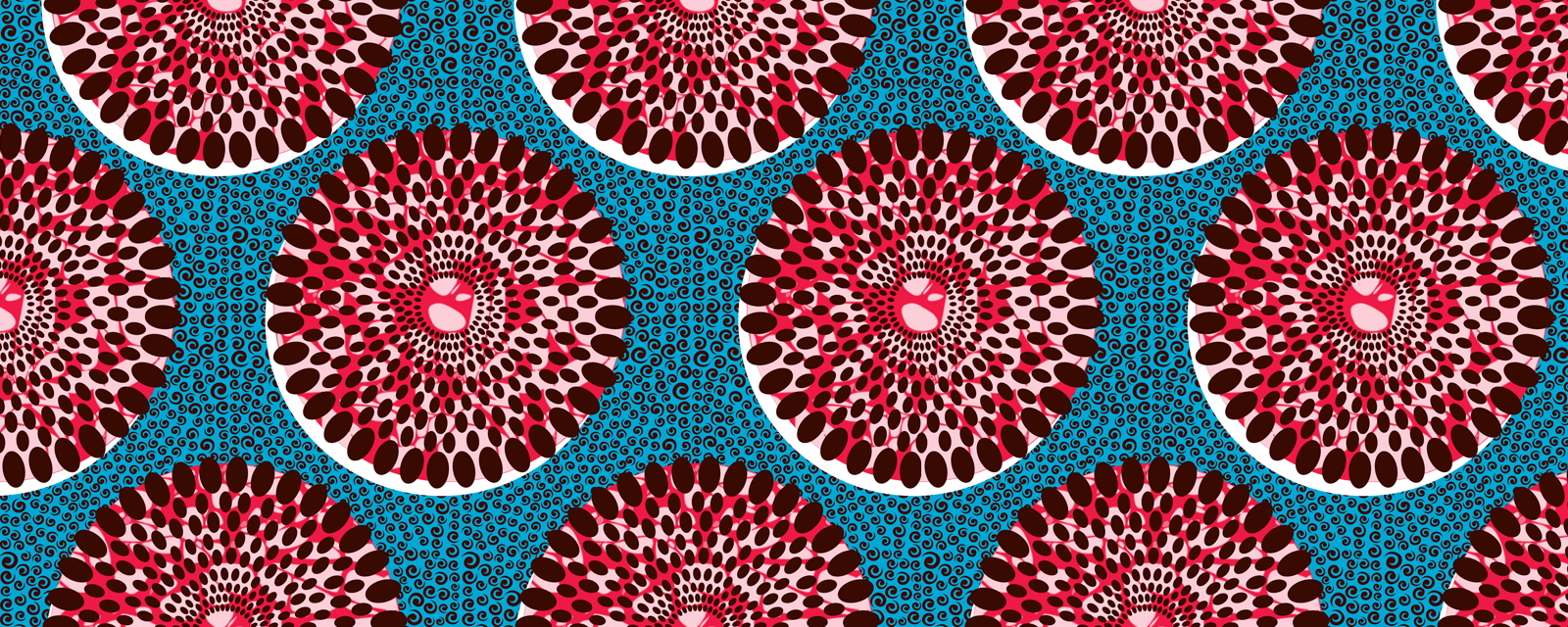Odo, as practised by several Igbo-speaking communities in eastern Nigeria’s Enugu State, is the occasion when ancestral spirits return in the form of masked dances to share in important events, or simply to bridge the gap between the living and the dead.
The dancers perform in public arenas and openly compete, both in their costume and in poetry. The Odo in this case is wearing the mask of the okpoko bird, a mythical bird that makes a loud noise while approaching its prey. See also the poem Self-Praises for the Ozo Title.
May the gathering here listen,
listen:
for it’s the Odo that hears the market din,
the Odo that lives near the Nkwo market, (1)
speaking his mind, his eternal mind. (2)
I say to you,
no other Odo gnaws into my truck
and into my branches
save the one of the Ugwu-Odegbulu line, (3)
Okpoko
who thundered and ate his visitor:
I am the Odo who feeds on the market din,
I Ogene the bell for summoning meetings, (4)
I, the beaked-singer that rips open the maize cob,
I, the mysterious tripod used for cooking
so the pot can stand erect,
two of my three legs give way
and the pot rolls over, seeking the eternal cook.
I ask the creator-scatterer of locusts (5)
to please retreat a pace
for almighty Odo, son of Diuyoko, is girded with cloth
and is going in peace.
If soldier ants advance, one advances, (6)
if they retreat, one retreats.
He who has a basket should bring it to the desert
for the numberless locusts
are hovering in a host in the desert.
I, the Ozo who killed an elephant, (7)
I, the Ozo who wore palm leaves and rejected the hoe, (8)
I, the Ozo who took his title on the Eke day (9)
and danced at the village square on Oye day,
I, the beaked singer,
I, the thorny weed never used as a carrying pad, (10)
I, the branch of the Inyi-tree that becomes a medicine, (11)
the killer of other trees,
I am the woodpecker
that destroys trees.
The tree we consecrated
has ever been my walking stock.
Ha-ha-ha-ha-ha.
I am the Odo that flew straight and touched the whole of Iboland,
the Odo living in the square of the King of Contentment,
the Odo whose gate is the Ngwu tree. (12)
I am like the child who made a difficult journey swiftly
and was said to have raced with the spirits’ help.
I am the craftsman of the spirit world.
I am a gong:
the gong is inspired
and begins to talk;
I am the gong with the melodious voice,
the crowd is thick here,
the white ants are fluttering, (13)
they are in clusters.
My Uturu-voice (14)
is singing in the Odo fashion,
I’ve come, I’ve come, I’ve come,
son of the almighty Odo.
The copyist cannot pick up
all that flows from my voice, (15)
what I am singing,
I, the Uturu.
from Igbo Traditional Verse
Romanus Egudu and Donatus Nwoga,
(Heineman African Writers, 1973).
Footnotes
- Nkwo market: The Igbo week has four market days: Eke, Oye, Afo, and Nkwo.
- These are timeless, not topical matters.
- Ugwu-Odegbulu line: The dancer’s own family tree.
- Ogene: A large metal bell, among the most important instruments in Igbo music.
- A rival masked dancer who is asked to make way.
- You don’t argue with soldier ants, but simply move as they move.
- Ozo: The highest of all titles in Igbo society. To become Ozo implies that the title holder is now an ‘Nze’ implying living spirit and an ancestor, the moral conscience of the community and a fair adjudicator in cases of disputes within the community.
- An Ozo is too important to cultivate.
- Eke day: The Igbo week has four market days: Eke, Oye, Afo, and Nkwo.
- The pad of woven leaves a women uses to protect her head from the water pot she is carrying.
- Inyi-tree: The sasswood tree, whose bark is highly poisonous.
- Ngwu tree: A sacred tree it is forbidden to cut down, except that title men may cut walking sticks from its branches.
- Another rival group of masked dancers.
- Uturu is the nightingale, which spends its winters in west Africa.
- A reference to the editors, Egudu & Nwoga, who are trying to record his chant for their book.

